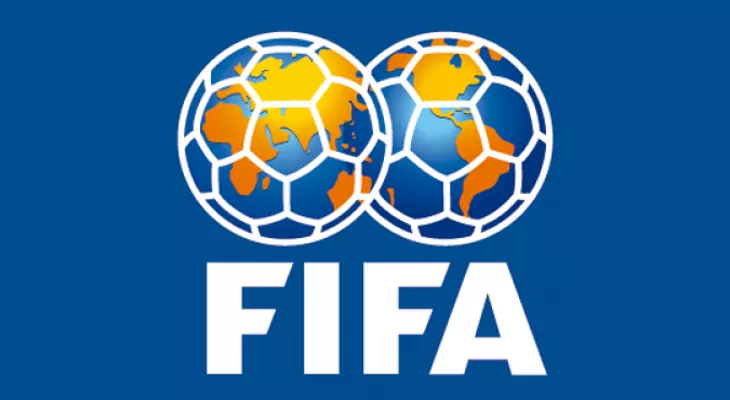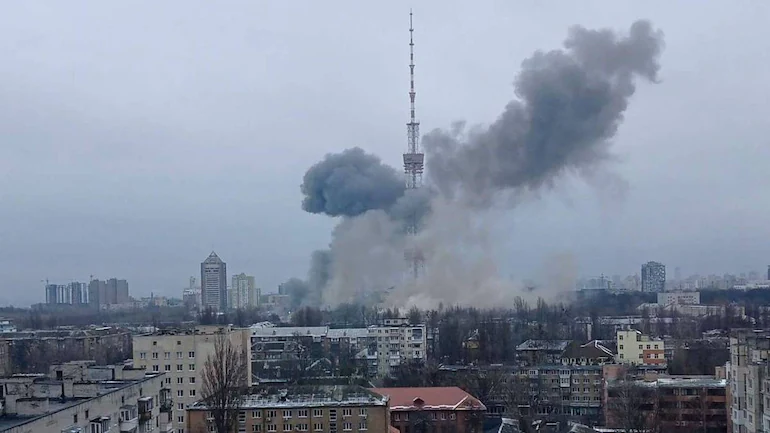Spotify ‘Indefinitely’ Shuts Russia Office

Stockholm, March 3: In response to Vladimir Putin’s invasion of Ukraine, music streaming platform Spotify has “indefinitely” closed its office in Russia and has removed all content from Kremlin backed RT and Sputnik.
“We are deeply shocked and saddened by the unprovoked attack on Ukraine,” a Spotify spokesperson said in a statement on Wednesday that was shared with Pitchfork. “Our first priority over the past week has been the safety of our employees and to ensure that Spotify continues to serve as an important source of global and regional news at a time when access to information is more important than ever.”
However, the company has confirmed that it is not disabling streaming services in Russia. “We think it’s critically important to try to keep our service operational in Russia to allow for the global flow of information,” a Spotify representative said in a statement to Variety.
Since the commencement of Russian hostilities, Spotify said that its teams have been reviewing thousands of pieces of online content, with the company now launching a new guide on the platform as of Wednesday, to provide their worldwide users with access to localised “trusted news” sources.
In addition to this, Spotify is matching employee donations two-to-one to support local humanitarian efforts in Ukraine amid the attack.
“We are exploring additional steps that we can take and will continue to do what is in the best interest of our employees and our listeners,” a company spokesperson said.
Various artists have displayed solidarity with Ukraine. Russian rapper Oxxxymiron has canceled over six sold out concerts in Moscow and St. Petersburg as a sign of protest against Putin’s action.
Russian deathcore band Slaughter To Prevail condemned Ukraine’s invasion. Noted activist and the female fronted feminist Russian punk rock band Pussy Riot’s co-founder Nadya Tolokonnikova started selling NFTs to raise funds for Ukrainian civilian groups.
Spotify was one of the only a few companies complying with a new Russian law requiring a local office (along with Apple and Rakuten’s Viber) — while others such as Google, Meta Platforms, Twitter, TikTok, Zoom, Likee, Discord, Twitch, Telegram and Pinterest did not comply with the law.






